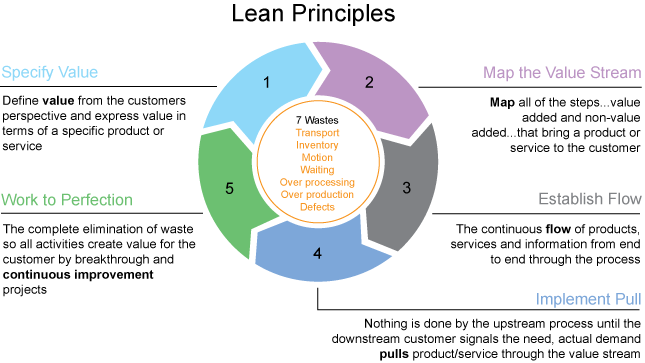Lean Testing
What is Lean Testing?
Definition:
Lean Testing is a software testing approach that focuses on optimizing efficiency by minimizing waste and maximizing value. It integrates principles from Lean manufacturing, emphasizing streamlined processes, continuous improvement, and customer value. The goal of Lean Testing is to enhance the quality and speed of software development while reducing unnecessary efforts and costs.
Analogy:
Imagine Lean Testing as the process of making a meal in a professional kitchen. Just as a chef aims to prepare a dish efficiently by using only necessary ingredients and steps, Lean Testing seeks to streamline the testing process, ensuring that each step adds value and eliminates any waste.
Further Description:
Lean Testing employs various strategies and practices to achieve its objectives:
Value Stream Mapping: Identifies and analyzes the flow of materials and information required to bring a product to the customer. In Lean Testing, it helps identify and eliminate wasteful steps in the testing process.
Continuous Improvement (Kaizen): Encourages regular, incremental improvements in processes and practices. Teams frequently assess and refine their testing strategies to enhance efficiency and quality.
JustInTime (JIT): Ensures that the right resources and efforts are applied at the right time in the testing process. This reduces waiting times and resource bottlenecks.
Elimination of Waste (Muda): Focuses on identifying and removing any activities or processes that do not add value to the final product. This includes redundant tests, unnecessary documentation, and inefficient workflows.
Types of Lean Testing:
Lean Testing can be applied in various contexts, each serving a unique function:
Exploratory Testing: Testers actively explore the application to identify defects and issues. This approach aligns with Lean principles by allowing flexibility and focusing on finding high value defects quickly.
Automated Testing: Utilizes tools and scripts to run repetitive tests. Automation reduces manual effort and ensures consistency, supporting the Lean goal of efficiency.
Acceptance TestDriven Development (ATDD): Involves collaboration between developers, testers, and business stakeholders to define and implement acceptance criteria. This ensures that testing aligns closely with customer needs and expectations.
Key Components of Lean Testing:
Customer Focus: Emphasizes understanding and meeting the needs of the end user. Testing efforts are guided by what delivers the most value to customers.
Collaboration: Promotes teamwork and communication among developers, testers, and other stakeholders to ensure a cohesive and efficient testing process.
Metrics and Feedback: Uses data and feedback to continuously improve testing practices. Metrics help identify areas of waste and opportunities for improvement.
Why is Lean Testing Important?
Efficiency: Lean Testing streamlines processes, reducing time and resource consumption.
Quality: Focuses on delivering high quality software that meets customer needs.
Cost Reduction: By eliminating waste, Lean Testing reduces the overall cost of software development.
Flexibility: Encourages adaptive and responsive testing practices that can quickly address changing requirements.
Examples and Usage:
Spotify: Known for its agile and Lean practices, Spotify integrates Lean Testing to ensure rapid and reliable software releases.
Toyota: Although primarily known for Lean manufacturing, Toyota’s principles are applied in its software development processes, including Lean Testing.
Amazon: Utilizes Lean Testing to maintain the high quality and performance of its vast ecommerce platform.
Key Takeaways:
- Lean Testing is a methodology that focuses on minimizing waste and maximizing value in the software testing process.
- Key components include customer focus, collaboration, and continuous improvement.
- Lean Testing enhances efficiency, quality, and cost effectiveness in software development.
- Examples like Spotify, Toyota, and Amazon demonstrate the successful application of Lean Testing principles.
Table of Contents





